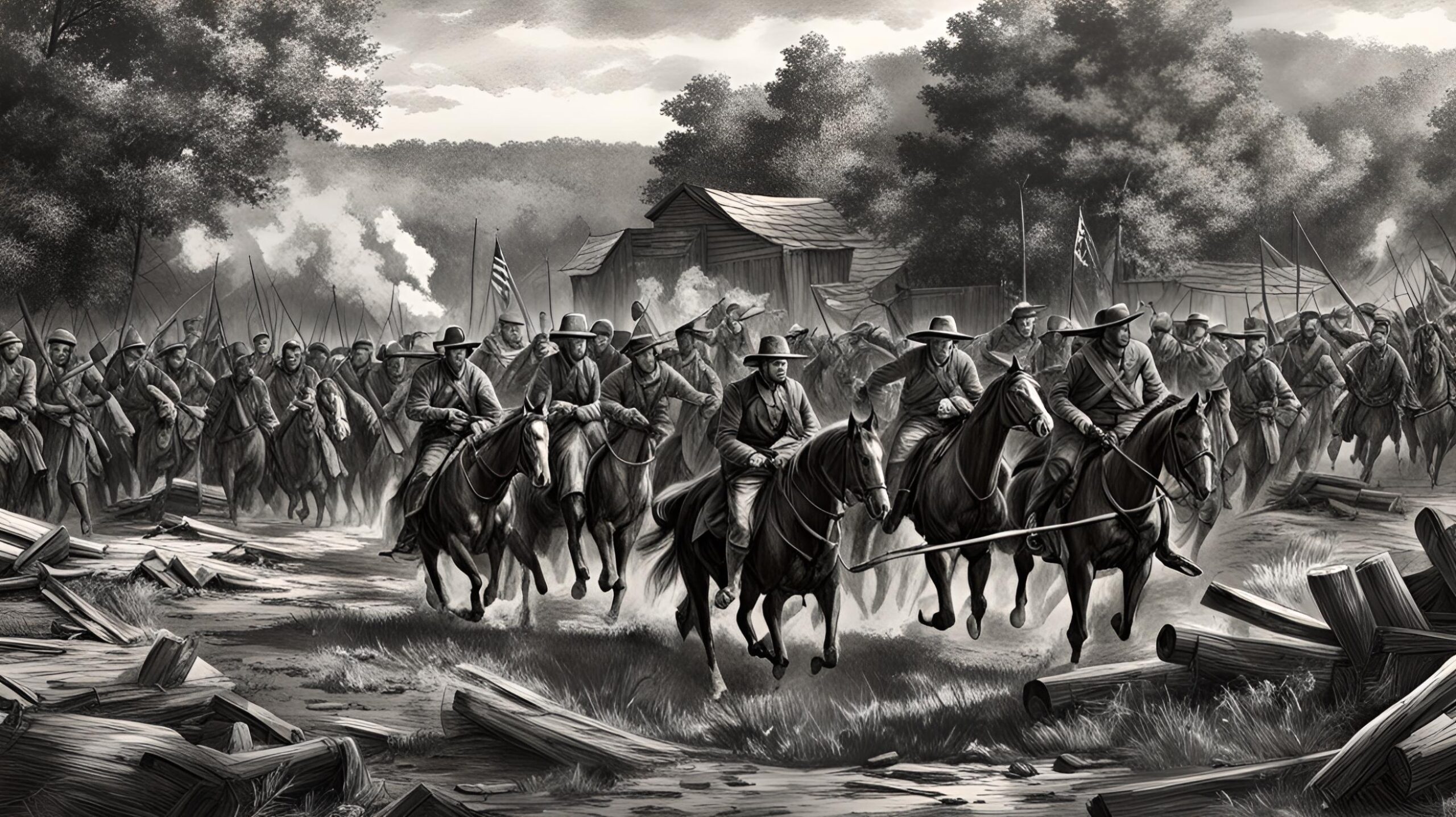Flashback to August 31
American History

On May 26, 1647, an event of significant historical and religious importance unfolded in the Massachusetts Bay Colony. This key event involved the decision by Massachusetts authorities to disallow access to a priest within the colony. The repercussions of this event were far-reaching and highlighted the complex dynamics of colonial society in the New World.
During the 17th century, the Massachusetts Bay Colony was primarily inhabited by Puritans who sought religious refuge and the ability to practice their faith freely. However, the colony’s leaders adopted strict religious policies, which led to tensions and controversies over matters of faith and religious authority.
The decision to disallow access to a priest in the Massachusetts Bay Colony on May 26, 1647, was a direct reflection of the Puritans’ resistance to established religious institutions and their desire to create a godly community in the New World. It was not only a challenge to the authority of the Anglican Church but also a reaffirmation of the Puritans’ commitment to their own interpretation of Christian beliefs.
The event unfolded as a result of a request made by a Catholic priest from France, who sought permission to enter the Massachusetts Bay Colony and carry out his religious duties. The colonial authorities, upon learning of the priest’s intentions, swiftly denied his request, citing their strict policies which only allowed for the practice of the Puritan faith.
This decision was met with mixed reactions within the colony. On one hand, the Puritan majority applauded the authorities for upholding their religious ideals and preventing what they perceived as an intrusion of Catholicism. However, there were dissenting voices as well, with some individuals arguing for religious tolerance and freedom of worship.
The disallowing of access to a priest in Massachusetts had not only religious implications but also political and social consequences. It reflected the growing desire among the Puritan leaders to solidify their own authority and control over the colony, even in matters of faith. By keeping out a Catholic priest, they asserted their power and attempted to maintain a homogenous religious community.
This event also underscored the challenges faced by individuals, like the French priest, who did not conform to the religious norms of the Massachusetts Bay Colony. It demonstrated the limited religious freedom that existed within the colony and the potential consequences for those who deviated from the accepted faith.
Furthermore, the decision to disallow access to a priest in the colony contributed to the ongoing tensions between the Puritans and the Anglican Church in England. It was yet another manifestation of the Puritans’ desire to distance themselves from the established church and forge their own religious path.
the event of disallowing access to a priest in the Massachusetts Bay Colony on May 26, 1647, played a significant role in shaping the religious and social landscape of the colony. It reflected the Puritans’ determination to create a godly community based on their own interpretation of Christianity and their resistance to outside religious influences. This decision had far-reaching consequences for religious freedom, authority, and the ongoing tensions between the Puritans and the Anglican Church. The event serves as a reminder of the complexities and challenges faced by early colonists as they navigated issues of faith and religious identity in the New World.
We strive for accuracy. If you see something that doesn't look right, click here to contact us!
Sponsored Content

Civil War: Battle of…
Experience the dramatic history…

$162,821 is stolen at…
On August 31, 1798,…

William and Emily Harris,…
On August 31, 1978,…

US President Franklin Roosevelt…
"US President Franklin Roosevelt…

